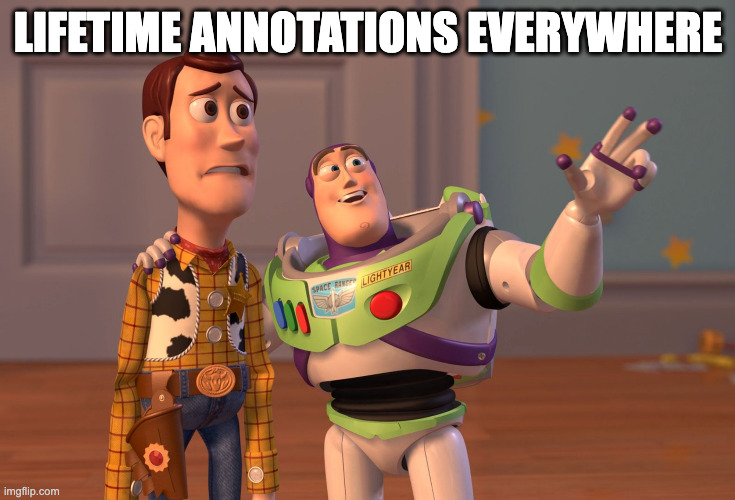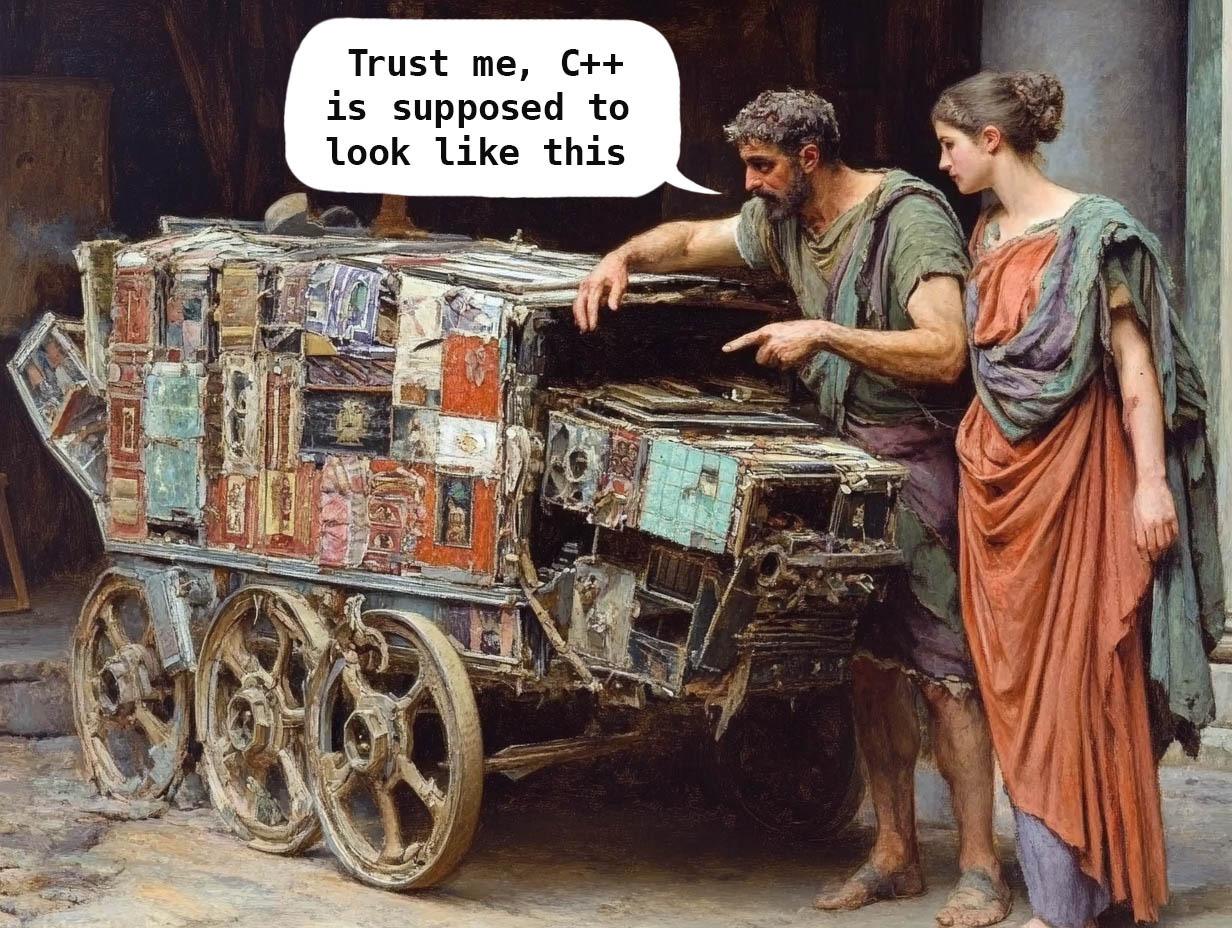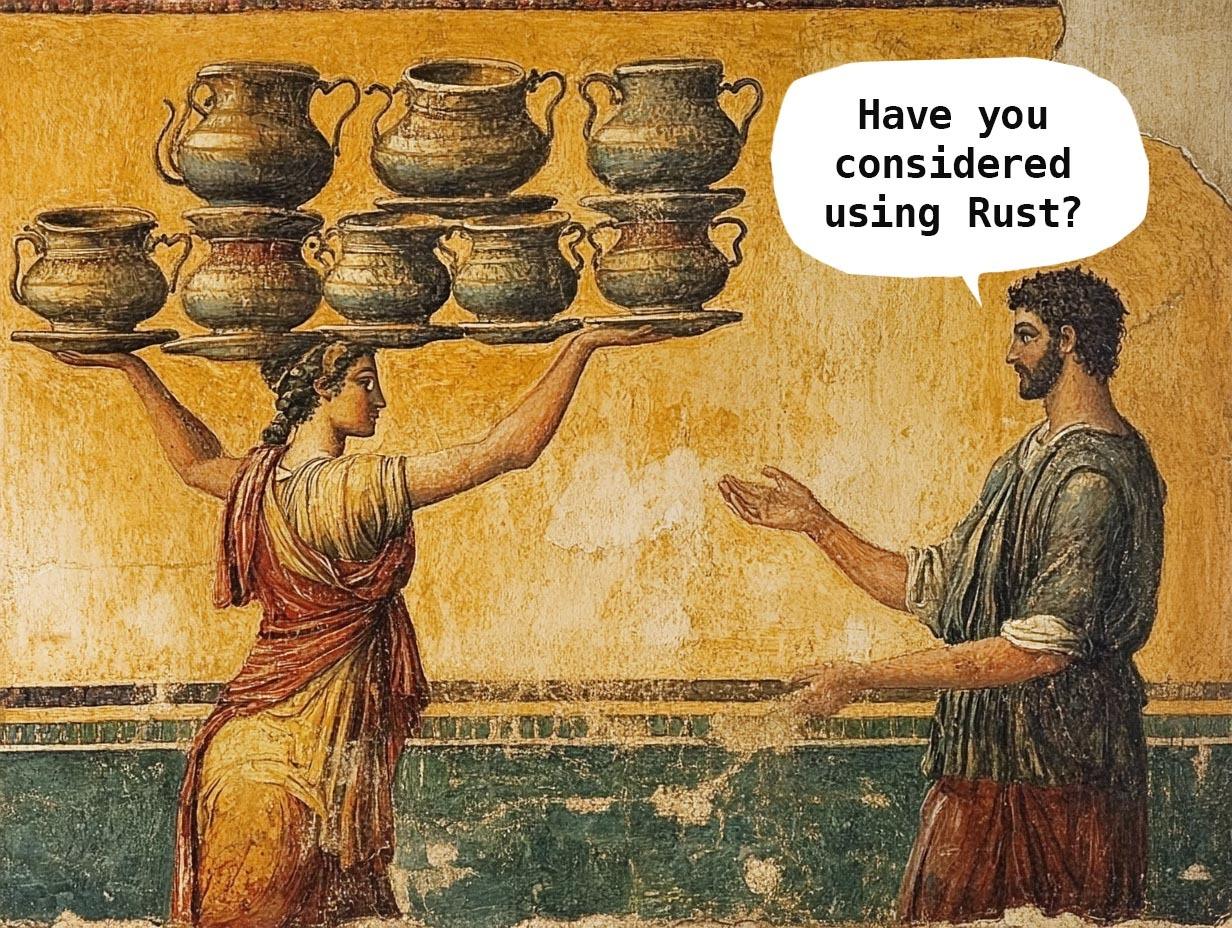Rust Memory Management: Advanced Techniques

This is the fifth post in a series on Rust memory management, delving into advanced techniques for handling complex memory operations. Starting with a simple iterator example, the post explains the intricacies of Rust's ownership and borrowing system, clarifying why `for y in x` moves ownership of `x` and how using a reference `&x` avoids this. The impact of method calls on memory management is then analyzed, detailing how multiple method calls can lead to borrow checker errors and presenting solutions: drop and re-borrow, store a handle, make a copy, and restructure the code. The post concludes with a brief introduction to Rust lifetimes and non-lexical lifetimes, showing how lifetime annotations prevent dangling references and how Rust uses similar mechanisms to ensure both memory and thread safety.
Read more

